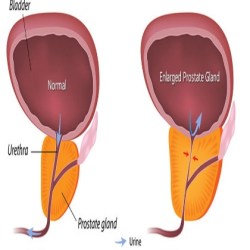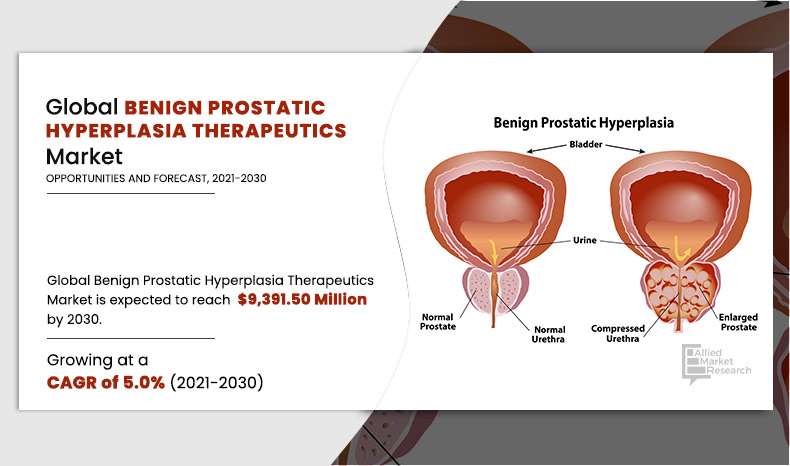
The symptoms of benign prostatic hyperplasia are varied and may range from mild to severe. The patient will usually experience pain in the lower abdomen, genitals, or groin area, fever, chills, or even hardness of the urethra. In extreme cases, the enlarged prostate may lead to obstruction of the urethra. In other cases, the condition may be undiagnosed or simply require medical treatment.
The enlargement of the prostate causes the urethra to become blocked, causing the wall of the bladder to weaken and become harder to empty. This results in the onset of acute urinary retention. Other causes of benign prostatic hyperplasia include changes in male sex hormones, such as testosterone. Surgical procedures, such as transurethral needle ablation, are a last resort.
In addition to being uncomfortable, men with BPH often experience urinary urgency. They have to urinate eight or more times per day, and they can’t delay urination. This can result in weak urine stream, and the bladder may not be able to empty completely. In extreme cases, the bladder may be unable to empty completely. While the symptoms of benign prostatic hyperplasia are often mild, they can be serious. The problem is more complicated when it leads to complications.
The symptoms of BPH can range from a single episode of urinary urgency to a chronic, progressive disease. Most patients experience symptom deterioration and eventually undergo BPH-related surgery. However, the risks associated with developing AUR or prostate cancer are comparable to other age-related diseases. Hence, preventative measures are common in BPH patients. Using a combination of symptom-reducing therapies can help lower the risk of progression events and provide symptomatic relief.
The symptoms of BPH include urinary urgency and difficulty delaying urination. Symptoms of urinary urgency can include pain during ejaculation and an abnormality of the urinary tract. Although this condition does not cause any life-threatening complications, it can lead to kidney damage. Those suffering from BPH are advised to consult a doctor immediately. They will be able to determine whether the condition is asymptomatic.

There are several symptoms of BPH. The symptoms first appear when the enlarged prostate blocks urine flow. These symptoms are commonly referred to as lower urinary tract symptoms. The affected man may find it difficult to start urination or his urination may be incomplete. He may also experience a need to urinate more often than usual, particularly in the middle of the night and frequently. Some of these symptoms can be related to other disorders.
Symptoms of benign prostatic hyperplasia occur when an enlarged prostate blocks the flow of urine. The condition is characterized by several symptoms known as lower urinary tract symptoms. Some men may find it difficult to start urination, while others may need to urinate more frequently, especially after eating or sleeping. Sometimes men with BPH experience pain after ejaculation. If these symptoms are present, contact your doctor immediately.
Weakening of the urinary tract is another sign of BPH. An enlarged prostate can affect the urethra. This leads to blockage and inflammation of the urinary tract. The bladder may also become narrow and irritated. In addition to putting pressure on the urethra, an enlarged prostate can also interfere with the flow of urine. This condition is more common in men over 50 and is considered a normal part of aging.
Several factors contribute to the development of BPH. A weak bladder can limit a man’s ability to urinate. While a man may not experience pain when ejaculating, he will feel a burning sensation when urinating. In addition to urinary incontinence, this condition can lead to an enlarged prostate. These symptoms may be severe or mild. It is important to contact your doctor and visit the site Handaldok Artikel Tentang Kesehatan if you experience any of these signs.
Symptoms of BPH include difficulty starting to urinate. Also, a slow stream of urine can cause a sudden need to urinate. In addition, men with BPH often experience pain when urinating. Symptoms of this condition include pain, swelling, and a sudden need to urinate. If you are a man experiencing these symptoms, it is important to schedule a consultation with your doctor to assess the severity of your condition.
About the author